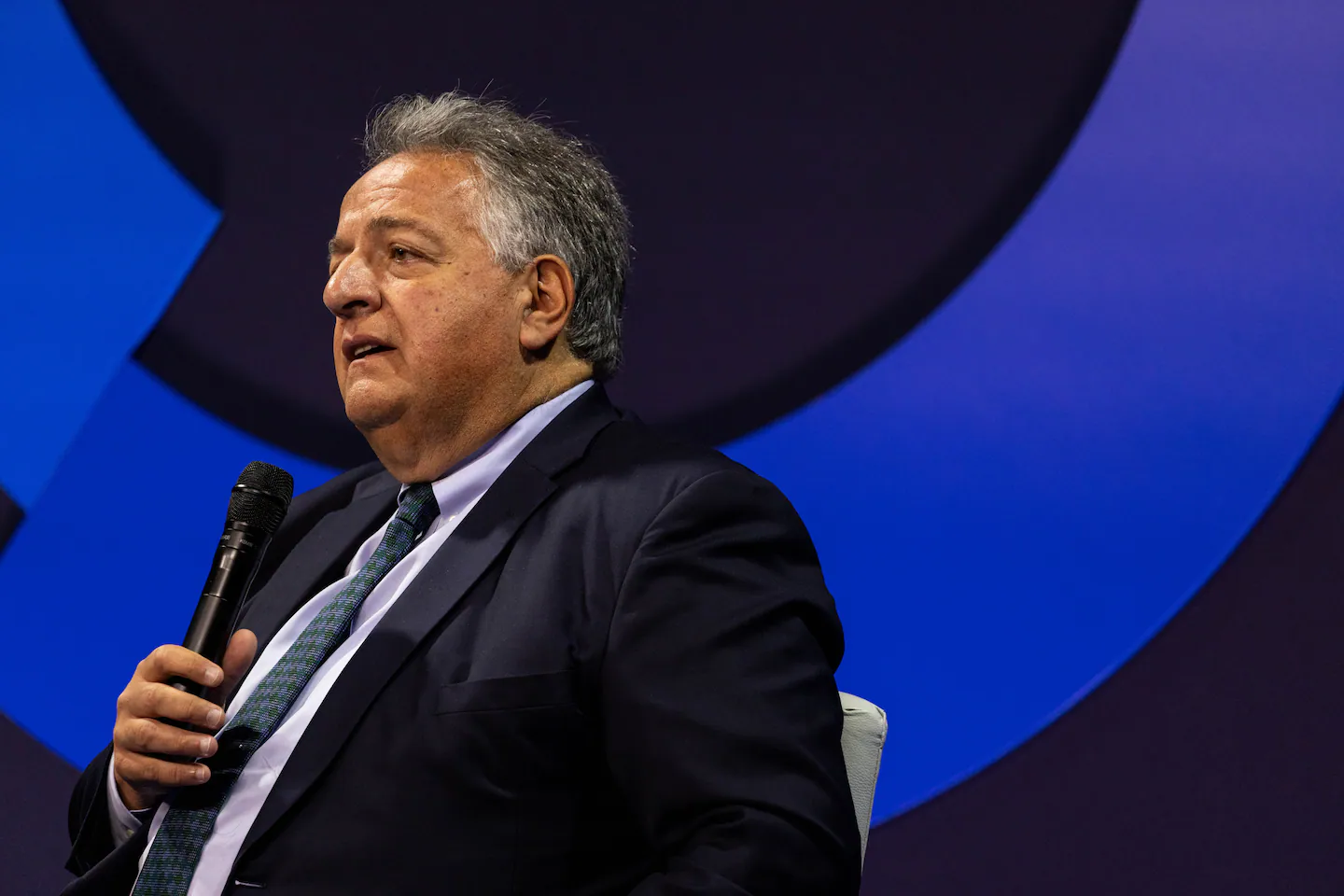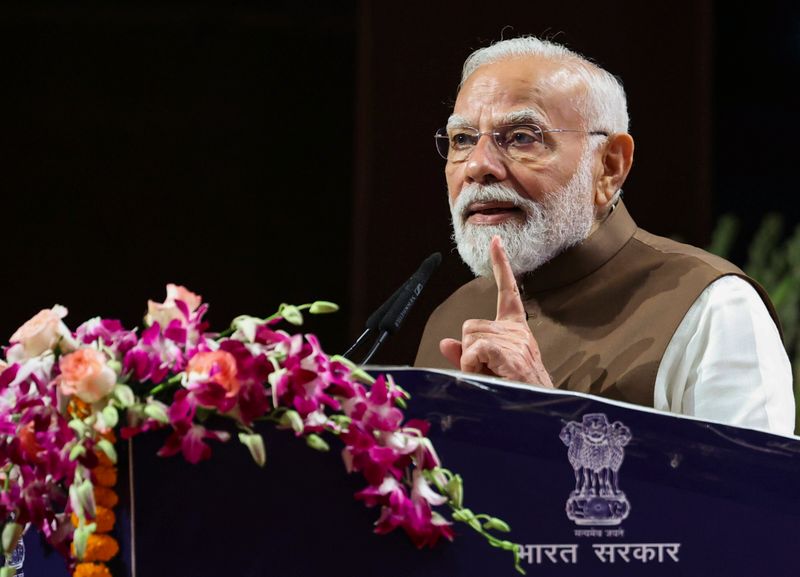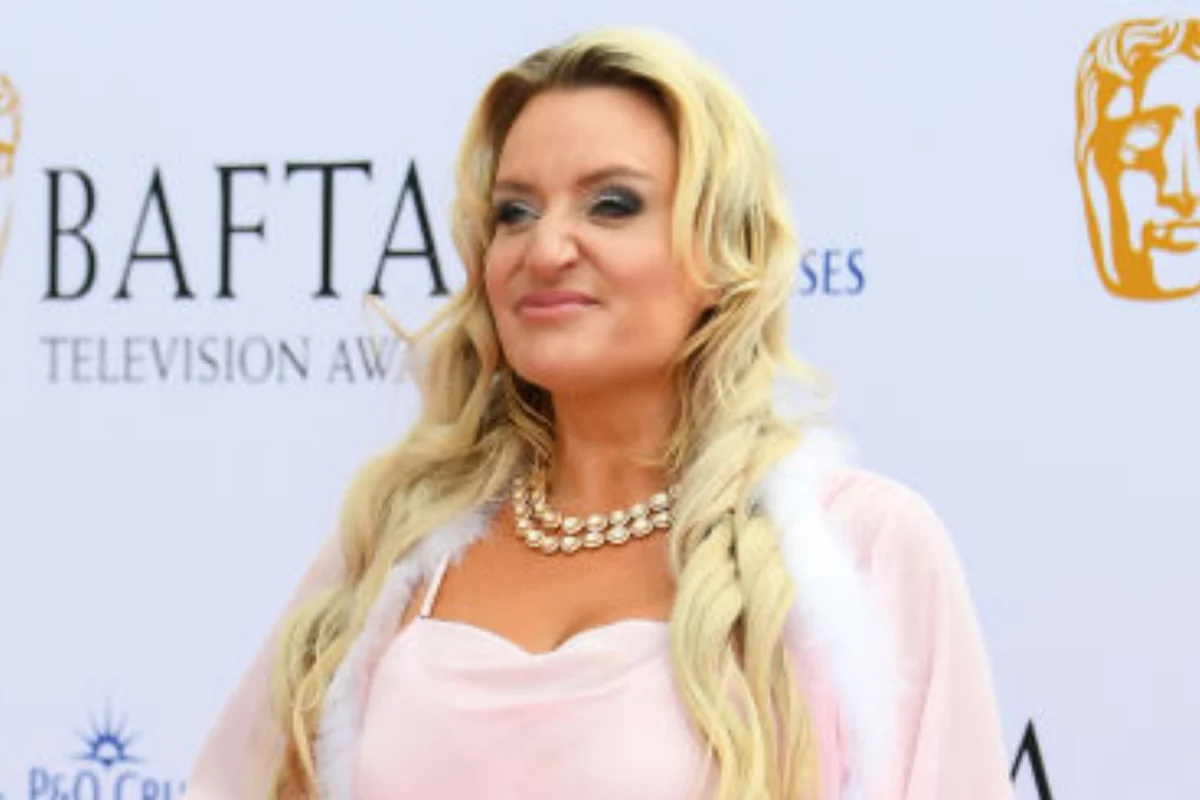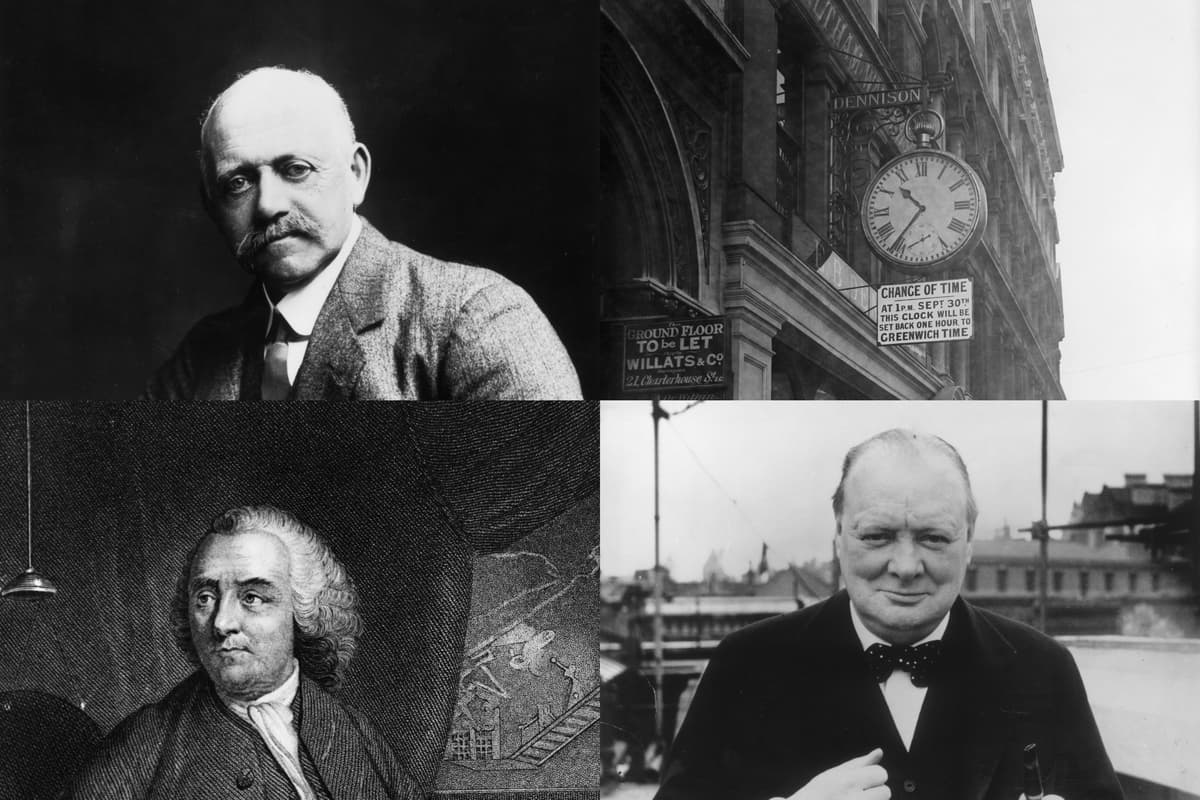Copyright The Boston Globe

“I think the notion that people can play with science, scientific fact, and essentially say opinions could be replaced for facts, or facts should be taken for opinions … isn’t going to stop at mRNA, isn’t going to stop with vaccines, childhood vaccines,” Afeyan said at the STAT Summit in Boston. “It’s going to go to every medicine.” Afeyan has had a front row seat to the disruptions inflicted by the Trump administration and health secretary Robert F. Kennedy Jr. on the science world. He still chairs Moderna, the company he cofounded in 2010. At the company’s 2022 peak, when it was producing more than a billion COVID vaccines every year, Afeyan said he was personally thanked by Qatari government officials because Moderna’s technology had allowed that year’s World Cup to happen. But in the past year, the Trump administration has canceled a $766 million contract to prepare a vaccine for a potential bird flu pandemic and replaced members of an influential federal vaccine advisory board in part with people who have expressed hostile views toward mRNA vaccines or vaccines in general. The scientific method — where scientists are trained to be constantly skeptical — is being used as an “opening,” he said, for people to come in “with zero background, zero hypothesis, and just make s— up.” Already, he said, people are questioning chemotherapy. They will likely question new breakthrough drugs for other serious diseases. “If that happens, I don’t know how you treat Alzheimer’s or Parkinson’s,” he said. His attitude contrasted with Arie Belldegrun, cofounder and senior managing director of Vida Ventures. Belldegrun, who rose to prominence founding, running and selling for $11.9 billion one of the first CAR-T cancer companies, said he shared Afeyan’s worries. And when pressed, he called the Food and Drug Administration’s decision to, with minimal evidence, position the decades-old drug leucovorin as a potential treatment for a condition associated with autism “political” and “not science.” Still, he emphasized positives. He recalled talking to the FDA Commissioner Marty Makary after Makary spoke at a conference a month ago. Belldegrun said Makary talked about potential efforts that could genuinely streamline drug development by easing standards around the number and type of trials that have to be done, making it easier to test cancer drugs earlier in the course of disease, or using AI to reduce the immense paperwork burden of drug applications. “And I told him, you know, ‘Marty Makary, if you will accomplish 50 percent of what you said on stage now, [the FDA] will be in an amazing place,” said Belldegrun. Afeyan said a grip-onto-the-positive attitude would likely be common in biotech and pharma, particularly for companies that don’t have a vaccines business. “When you’re in a storm, you kind of hang on to a tree,” he said. “So if you’re given a tree that says you might not need to do Phase 3 trials, you might not need to do this, you’re going to take it, right, because, because we’re in a storm.” He appeared skeptical, though, that the tree would save them. Companies that have no vaccine business are probably saying, “‘You know what, with or without vaccines, as long as they reimburse my cancer drug and approve it, I’m cool,’ ” he said. “I think that’s not going to be lasting very long.”



